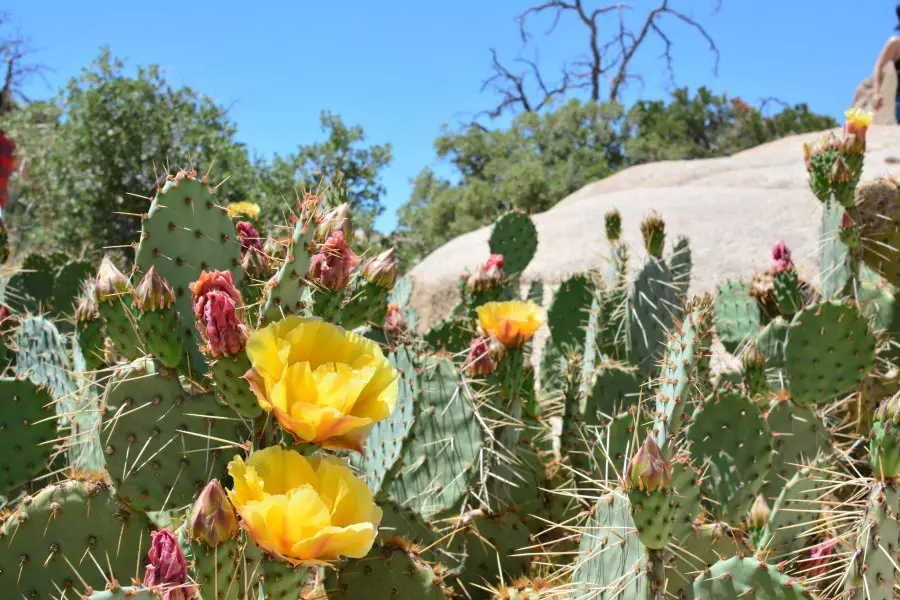This Mexican “Pear” Is A Promising and Sustainable Biofuel
Tags: News

Nopalimex are a Mexico-based company who are using an abundant local plant, the prickly pear, to create biofuel.
Known locally as ‘nopal’, the plant thrives in the Mesoamerican region of Mexico and even features on the country’s flag.
It’s already an important part of Mexican food culture in that the flour needed to create tortillas and nacho chips can be made from the prickly pear.
Previously, the waste products from this process had been thrown away.
But local businessman Rogelio Sosa Lopez and Miguel Angel Ake recognized the potential to create biofuel from the oval-leafed prickly pear and formed Nopalimex, based in a small rural town called Camémbaro.
Another big advantage of the prickly pear, especially in a largely arid country, is that it requires little water. Traditional biofuel crops such as sugar cane, corn, soybean and palm oil require more water. And as these plants are often grown in large monocultures plantations, they can damage ecosystems and even cause droughts.
“We are sowing nopal for three reasons,” Ake explained. “The first one is social – it creates jobs and prevents emigration. Secondly, from an economic perspective, it reduces the cost of industrial processing of nopal-based products. Lastly and most importantly, there is an environmental reason.”
The future of cacti biofuel
The company is already generating enough energy to power their own factory.
They have also entered into an agreement to provide the local government of Zitacuaro with cactus-based fuel for their official vehicles – from cop cars to ambulances.
“With the amount of nopal we have in Mexico, and a productivity of over 100 tonnes of gas per acre, we believe that this could eventually replace the traditional use of gas and fuel of non-renewable sources,” Ake enthused.
And it’s not only biofuel which can be produced with the prickly pear waste. According to Ake, “farmers are still developing different uses for this cactus, for example as an alternative to plastic wraps, fabrics and resins.”
Researchers are also investigating the possibility of creating biofuel out of avocado waste in Mexico.
How the nopal is processed
It’s a simple methodology. After the cacti is processed to make flour for tortillas, the remaining off-cuts are mixed with cow dung. This is then thrown into a fermentation tank in which heat further breaks down the compound into a liquid form – the fuel – which is then pumped into a tank.
Read more: Bring Ocean Vibes Right Into Your Home With These Mermaid Tail Succulents
As you might know, tech giants like Facebook, Twitter, and Google (Also Youtube), increasingly censor information that does not fit the mainstream narrative. Freedom of speech should be the basic human right, however, in the current era, you are not allowed to share your views anymore. Fortunately, alternative platforms appear that are censorship-free. Minds.com is one of these platforms. You can sign up for free, HERE, and make sure you follow Truth Theory on Minds.
Image credit: joshuatreenp
Leave Comment: